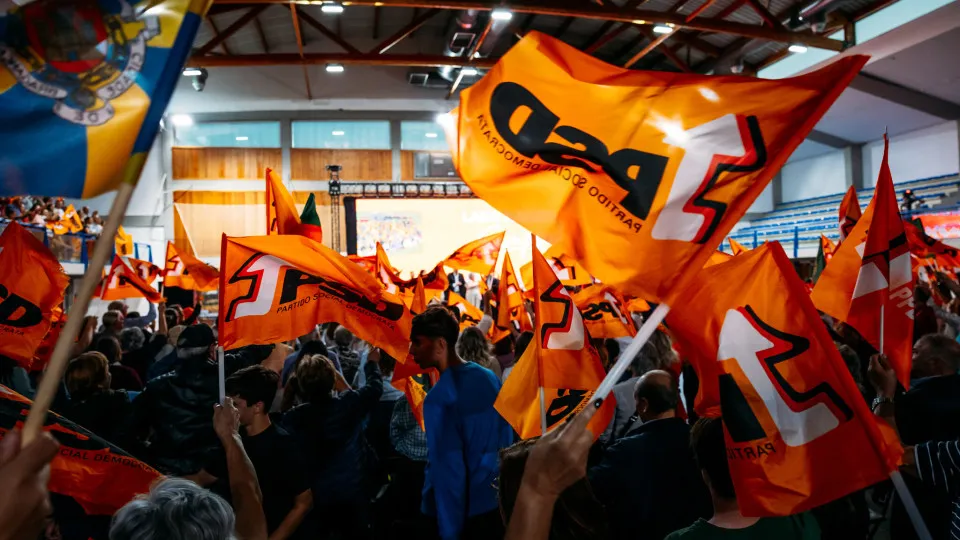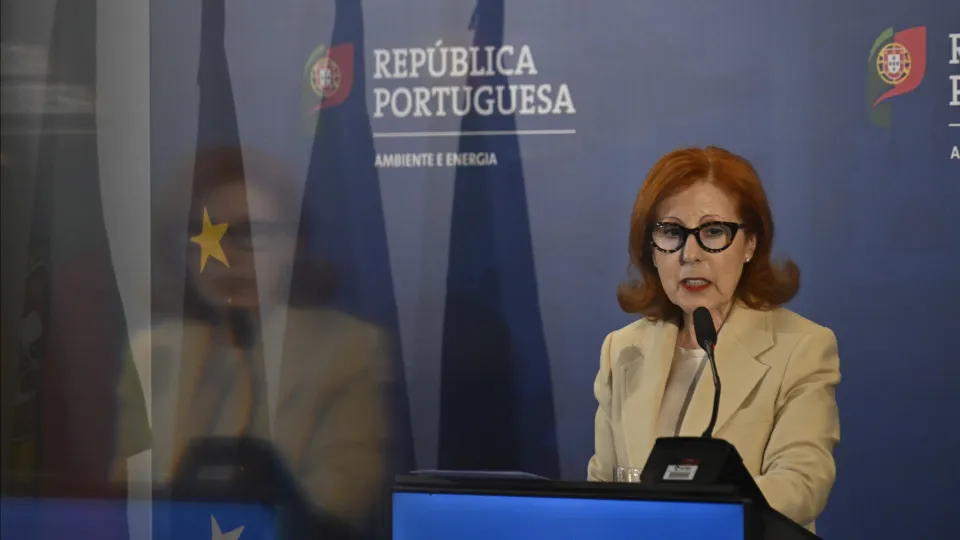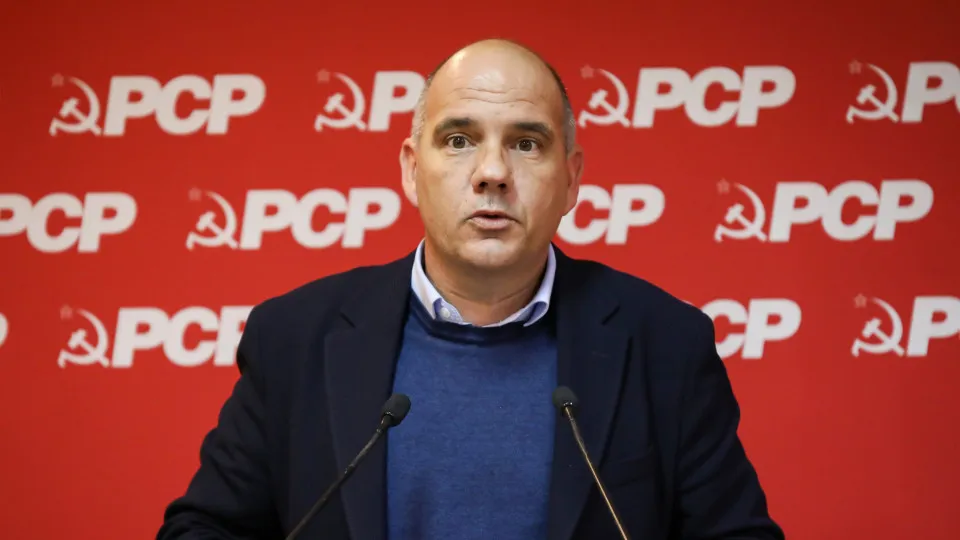
The Social Democratic Party (PSD), either independently or in coalition, emerged as the political force that won the most municipalities in the country, securing 35 local governments, based on provisional results from the Ministry of Internal Administration.
Among these 35, 24 were previously held by the Socialist Party (PS): Espinho, São João da Madeira (in the district of Aveiro), Almodôvar, Beja (Beja), Cabeceiras de Basto, Guimarães (Braga), Macedo de Cavaleiros (Bragança), Lousã, Miranda do Corvo (Coimbra), Vendas Novas (Évora), Vila do Bispo (Faro), Ansião, Nazaré (Leiria), Lourinhã, Sintra, Torres Vedras (Lisbon), Baião, Vila Nova de Gaia (Porto), Tomar (Santarém), Caminha, Melgaço (Viana do Castelo), Resende, Santa Comba Dão (Viseu), and Ponta do Sol (Madeira).
In the elections held in Sintra, Marco Almeida was elected, while in Vila Nova de Gaia, Luís Filipe Menezes returned to head the municipality.
In Anadia, Ílhavo (Aveiro), Figueira da Foz (Coimbra), Batalha, Peniche (Leiria), Porto, São João da Pesqueira (Viseu), Ribeira Brava (Madeira), and Calheta (Azores), the PSD managed to wrest nine municipalities from independent control.
In the north, the PSD regained control of Porto with former minister Pedro Duarte.
In Figueira da Foz, Pedro Santana Lopes, who ran as an independent in 2021 following disagreements with PSD, reconciled with the party, under which he once served as Prime Minister.
The PSD took Sobral de Monte Agraço (Lisbon) and Benavente (Santarém) from the CDU, regions dominated by communists since 1979.
Sixteen municipalities shifted to the PS, eight of which were taken from the PSD: Castelo de Paiva (Aveiro), Vieira do Minho (Braga), Coimbra, Faro, Mação (Santarém), Penedono, Tabuaço, Viseu (Viseu) — seven from the CDU — Serpa, Vidigueira (Beja), Évora, Viana do Alentejo (Évora), Monforte (Portalegre), Alcácer do Sal, and Grândola (Setúbal) — and one, Borba, from an independent movement.
Former Socialist minister Ana Abrunhosa became the new president in Coimbra, João Azevedo replaced the former president of the National Association of Portuguese Municipalities Fernando Ruas in Viseu, and former Secretary of State for Spatial Planning, Carlos Zorrinho, took office in Évora.
Independent movements gained 13 new municipalities, nine of which were from the PS — Vizela (Braga), Condeixa-a-Nova, Soure, Vila Nova de Poiares (Coimbra), Aljezur (Faro), Figueiró dos Vinhos (Leiria), Salvaterra de Magos (Santarém), Montijo (Setúbal), Santa Cruz das Flores (Azores) — two from the PSD — Esposende (Braga), Mafra (Lisbon) — and two from the CDU — Santiago do Cacém and Setúbal (Setúbal).
The leaders of these movements include PS dissidents, who distanced themselves from the party to run as independents.
This includes the Mayor of Vizela, Vítor Hugo Salgado, who was barred from running for the PS because of a domestic violence investigation and opted to pursue an independent candidacy.
In Condeixa-a-Nova, former vice-president Liliana Pimentel left the PS after allegations of irregularities in membership registration during the last internal city elections and ran — and won — as an independent.
A similar situation occurred in Soure, where Rui Fernandes was elected as an independent after a 20-year career with the PS, having lost internal party elections to choose the municipal candidate.
In Vila Nova de Poiares, Nuno Neves won after completing his term as head of the Poiares parish, elected by the PS.
The new leaders elected in Esposende and Mafra were overlooked by the PSD in the candidate selection for these local elections.
Manuel Marreiros won in Aljezur after serving as president for two decades, fulfilling three terms with the CDU and two with the PS.
Maria de Dores Meira returned to lead Setúbal after previously serving as mayor with the CDU.
The CDU regained Aljustrel (Beja), Mora (Évora), and Sines (Setúbal), previously held by the PS, while Chega conquered three municipalities, two of which were from the PSD — Albufeira (Faro), São Vicente (Madeira) — and one from the PS, Entroncamento (Santarém).
“Nós, Cidadãos” took control of Belmonte (Castelo Branco) from the PS and Guardia from the independents.




